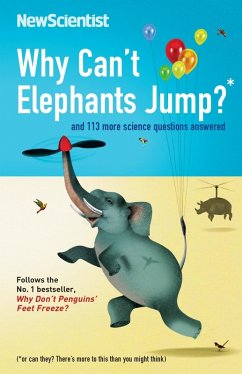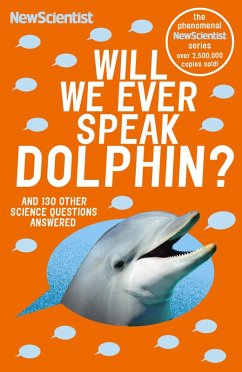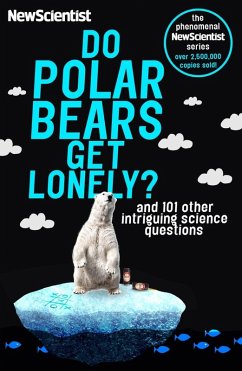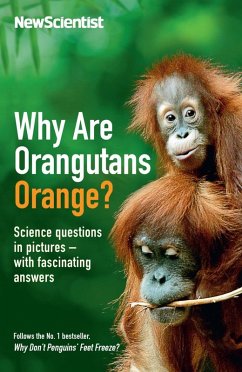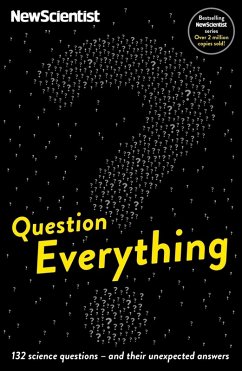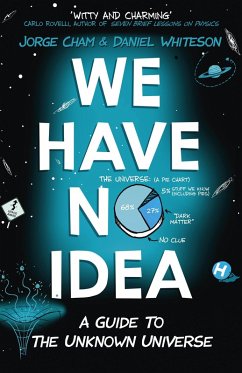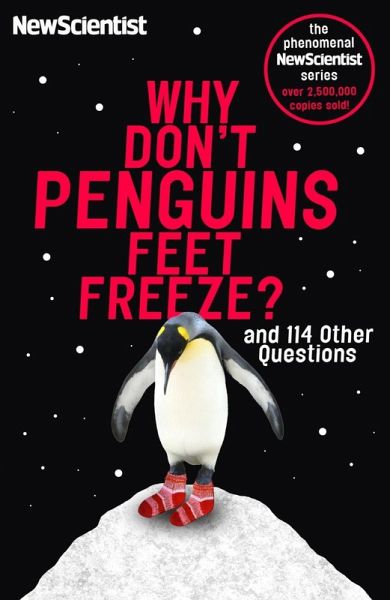
Why Don't Penguins' Feet Freeze? (eBook, ePUB)
And 114 Other Questions
Versandkostenfrei!
Sofort per Download lieferbar
3,99 €
inkl. MwSt.
Weitere Ausgaben:

PAYBACK Punkte
0 °P sammeln!
Why Don't Penguins' Feet Freeze? is the latest compilation of readers' answers to the questions in the 'Last Word' column of New Scientist, the world's best-selling science weekly. Following the phenomenal success of Does Anything Eat Wasps? - the Christmas 2005 surprise bestseller - this new collection includes recent answers never before published in book form, and also old favourites from the column's early days.Yet again, many seemingly simple questions turn out to have complex answers. And some that seem difficult have a very simple explanation. New Scientist's 'Last Word' is regularly vo...
Why Don't Penguins' Feet Freeze? is the latest compilation of readers' answers to the questions in the 'Last Word' column of New Scientist, the world's best-selling science weekly. Following the phenomenal success of Does Anything Eat Wasps? - the Christmas 2005 surprise bestseller - this new collection includes recent answers never before published in book form, and also old favourites from the column's early days.
Yet again, many seemingly simple questions turn out to have complex answers. And some that seem difficult have a very simple explanation. New Scientist's 'Last Word' is regularly voted the magazine's most popular section as it celebrates all questions - the trivial, idiosyncratic, baffling and strange. This new selection of the best is popular science at its most entertaining and enlightening.
Yet again, many seemingly simple questions turn out to have complex answers. And some that seem difficult have a very simple explanation. New Scientist's 'Last Word' is regularly voted the magazine's most popular section as it celebrates all questions - the trivial, idiosyncratic, baffling and strange. This new selection of the best is popular science at its most entertaining and enlightening.
Dieser Download kann aus rechtlichen Gründen nur mit Rechnungsadresse in A, B, BG, CY, CZ, D, DK, EW, E, FIN, F, GR, HR, H, IRL, I, LT, L, LR, M, NL, PL, P, R, S, SLO, SK ausgeliefert werden.




